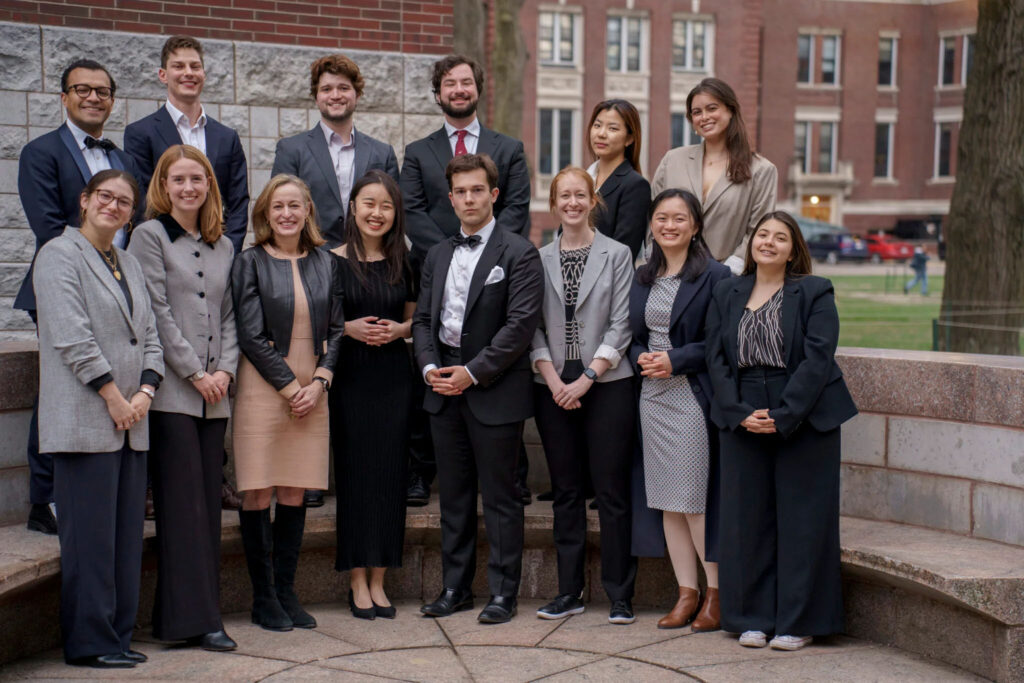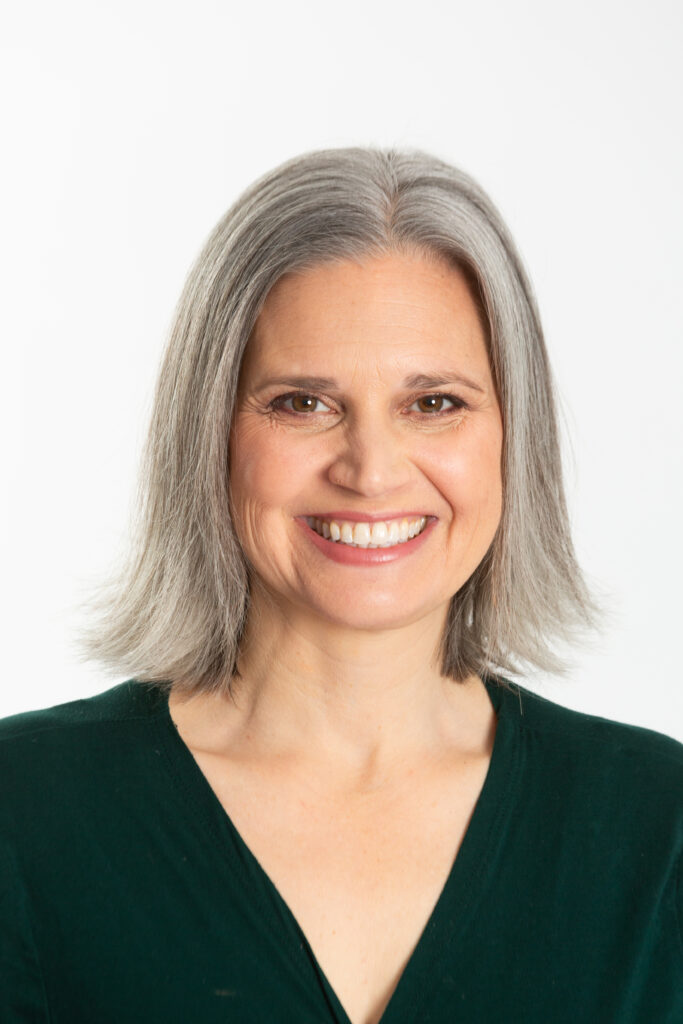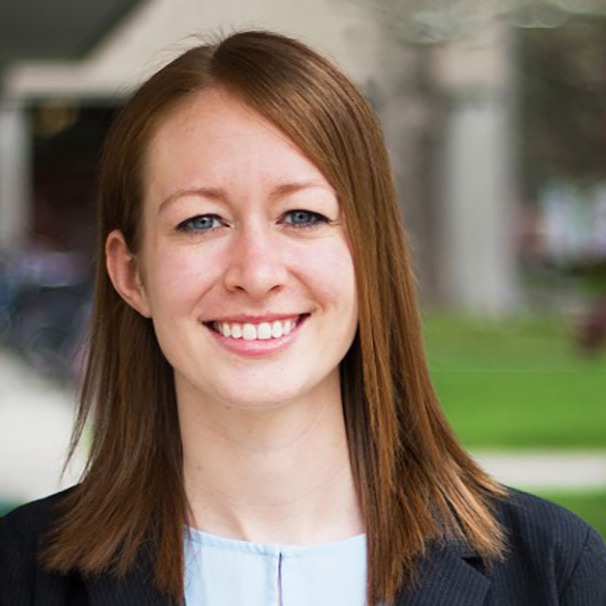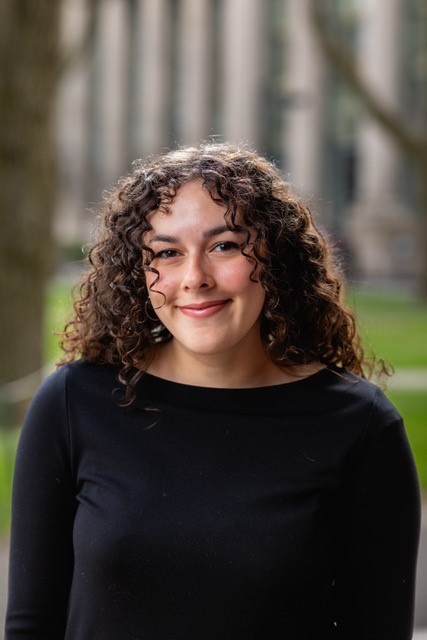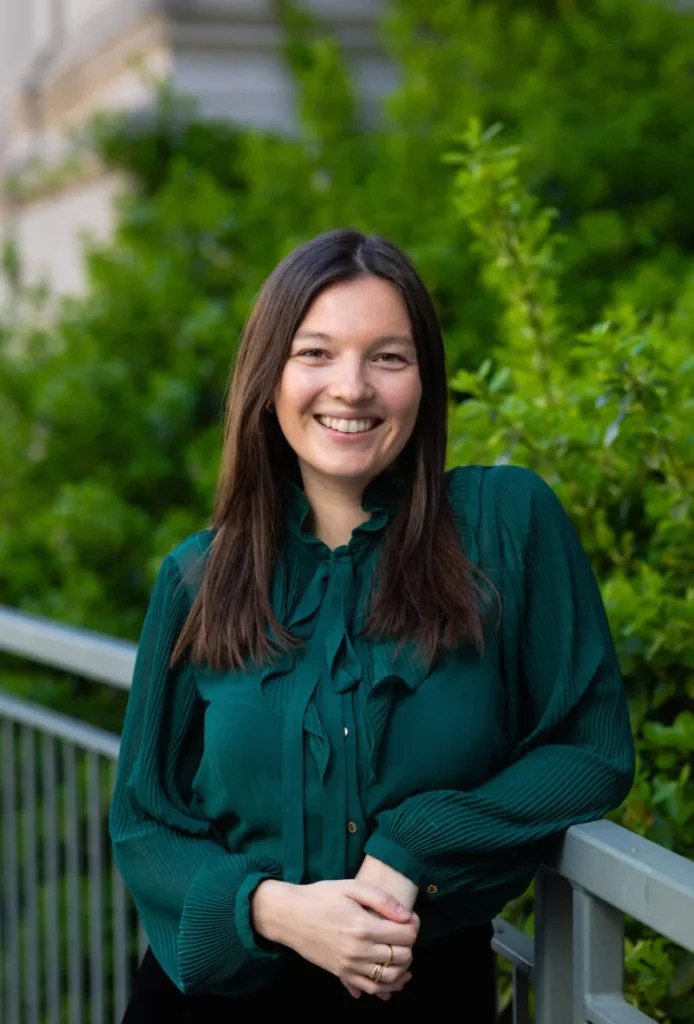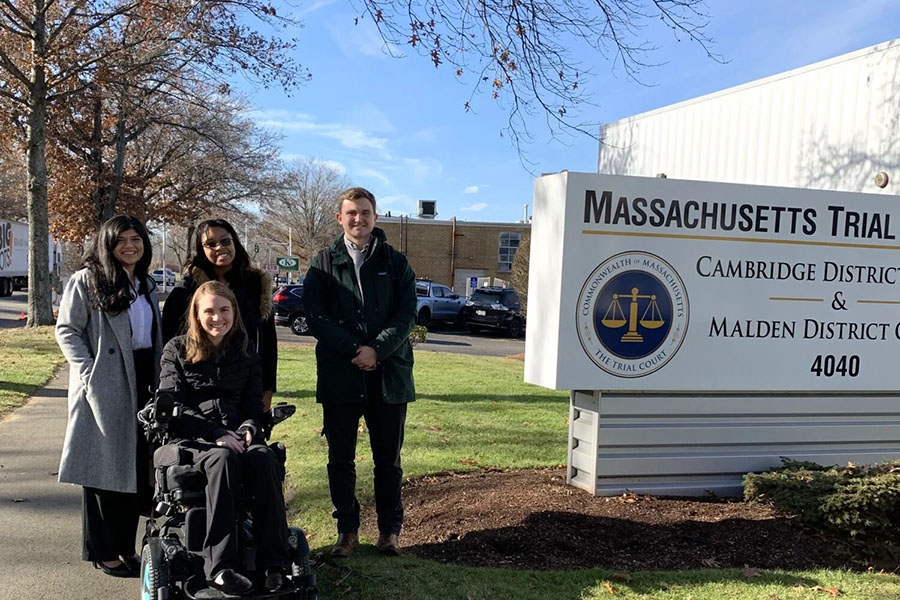Proud to share this story about a fall clinic project, with permission from The Berlin Sun and author Edith Tucker. We get pretty fired up helping our clients find new ways through disputes and are grateful for the work the Mt. Washington Commission is doing in New Hampshire!
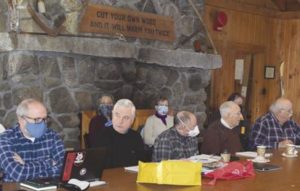
“Mt. Washington Commission embraces Harvard report”
THE BERLIN SUN
by Edith Tucker
Jan 24, 2022
FRANCONIA NOTCH — All 10 members of the 12-member advisory Mount Washington Commission on hand at its meeting last Friday at Franconia Notch State Park’s headquarters were very enthusiastic about the fall 2021 master planning report prepared by the Harvard Negotiation and Mediation Clinical Program.
This was the first commission meeting since the three Harvard Law School students working under clinical supervisor Professor Rachel Viscomi turned in their 33-page-plus report, based on 17 commission member and other stakeholder interviews, two commission workshops, and two days visiting the 6,288-foot summit in the 60.3-acre Mount Washington State Park.
By the meeting’s end, state Sen. Jeb Bradley (R-Wolfeboro), who chairs the commission, had not only given a specific homework assignment to all commission members but also opened up this opportunity to N.H. residents and visitors.
Earlier, the chairman had asked meeting participants to focus on the six topics listed in the report that a master plan must include by state statute: “capital improvements to be made over the 10-year period; proposed operation of the summit, including fees for ‘facilities operated by the commission,’ personnel, and franchise agreements; promotion of the summit as a ‘recreational, historic and scientific’ attraction; protection of the unique flora and natural resources of the summit; negotiation of public rights of way; and cooperative arrangements between private interests and the commission, such as the collection of fees, joint personnel or any similar subject.”
The Harvard report points out: “In short, the master plan must outline a vision for the summit over a 10-year period and recognize its importance as a multiuse area as well as a unique natural environment. The plan is not limited to infrastructure; instead, the statute makes clear that how members of the commission relate — how they cooperate, negotiate, and operate the summit — is just as important.”
Bradley’s assignment, designed to kick-start a yearlong master planning process that likely includes monthly commission meetings focused on developing a master plan, is to write a single page of bullet points that describe his or her vision for the summit in the foreseeable future. This exercise will help determine goals for the summit that “will work for all of us,” said Cog President Wayne Presby of Littleton.
Both Presby and Chris Thayer of Sugar Hill, who represents the Appalachian Mountain Club, recommended that all commission members and stakeholders read the reports and documents written in the past that are available on the commission’s website.
These one-page responses will be public documents and must be signed before being sent electronically by Feb. 4 to the commission clerk to [email protected].
Members of the public who would like to offer their opinions should use the same address.
Commission members readily agreed that finding a facilitator with the appropriate skill set would be key to the effort’s success, which N.H. Parks and Recreation Director Phil Bryce characterized as having “a really strong, cohesive commission going forward.”
Everyone agreed that the team-building exercises designed to build trust and collegiality, used by the Harvard students and supervisor had been particularly successful.
In 2010, the commission developed a draft master plan but ended up not submitting it to the governor and Executive Council for approval, apparently due to a lack of “buy-in.”
The last and only master plan was written and approved over 50 years ago in 1970. Tensions have grown over the past few years, and commission members agree they would like to resolve them.
Some interviewees told the Harvard report writers they would like to consider including a “dispute resolution” provision in the master plan to provide a procedure to follow when contentious internal disputes arise.
Other commission members on hand at the meeting included: Department of Natural and Cultural Resources Commissioner Sarah Stewart; vice chair Ed Bergeron of North Conway who founded HEB Engineers; WMNF Supervisor Derek Ibarguen; public member and former state rep. Paul Ingersoll of Berlin; attorney Jack Middleton of Freedom, representing the Mount Washington Observatory; Tobey Reichert of Gorham, representing the Auto Road; and Drew Scamman of Townsquare Media, representing the various communications interests on the summit.
Rep. Karen Umberger (R-Conway) was not present because of a conflicting Fiscal Committee meeting, and public committee member Paul Fitzgerald of Laconia was also absent. Both former Auto Road general manager Howie Wemyss of Randolph and Cog Railway Assistant General Manager Ryan Presby of Franconia were on hand.
The commission’s next meeting is scheduled at 9:30 a.m. on Friday, Feb. 25, at the Cog Railway’s new maintenance facility, located off the Base Road.
The commission’s following meeting is scheduled at 9:30 a.m. on Friday, March 25, at the AMC Highland Center on Route 302 at the top of Crawford Notch.


